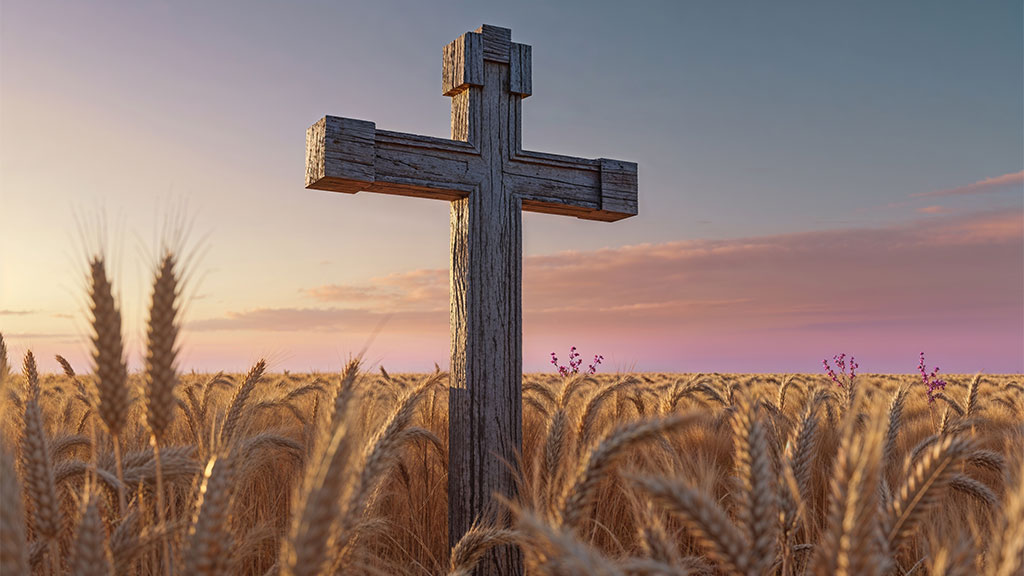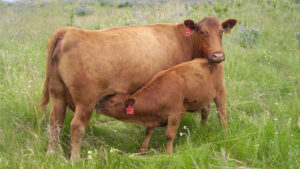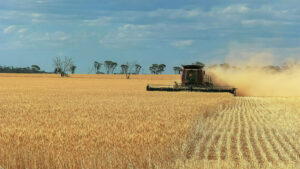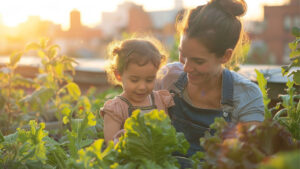We love our farmers here at IIF. We simply wouldn’t exist without them. Come to think of it, none of us would exist without our farmers. No food, no life.
It troubles us to learn how farmers put their lives at risk to put food on our tables. There’s a killer at loose on farms across the country – and around the world, for that matter. It’s indiscriminate. It targets wheat farmers, orchardists and strawberry farmers alike. Men, women, it doesn’t care.
So, a little bit about this killer. The Agriculture Health Study has been monitoring about 90,000 farmers and their families since 1993. What it has found is that farming families have higher rates of cancers (such as non-Hodgkin lymphoma, sarcoma, and leukemia) than non-farm groups.
Why? Research points to the weedkillers farmers use to grow their crops. And the most widely used weedkiller of all is glyphosate, the active ingredient in Roundup.
Glyphosate is everywhere, not just on farms. It’s in practically every food we eat. The highest concentration is in some baby foods. In US studies, up to 93% of all adults test positive to glyphosate.
How bad is glyphosate? In 2015, the World Health Organization concluded that “Roundup is probably carcinogenic to humans”. More recently, the California government said that glyphosate meets its criteria for listing it as a probable cause of cancer.
The CEO of glyphosate’s manufacturer responded to the California claim, stating that, “No pesticide regulator in the world considers glyphosate to be a carcinogen.” However, the company has so far paid about US$11 billion to cancer victims, mostly farmers.
Whilst an irrefutable link between glyphosate and cancer hasn’t been established, there’s enough concern for governments to take action. To date, over 30 countries have banned glyphosate. Many have banned not only its use but have banned the import of foods that show traces of glyphosate.
We cherish our farmers. It hurts that their lives, and their families’ lives, are at risk simply by using a common weedkiller. It also troubles us that their foreign markets might become off limits – and that Australia’s reputation for healthy and safe food could be at risk.
The good news? There are now effective nontoxic alternatives to glyphosate – and many of these alternatives are being developed in Australia.
There’s new technology. Robotics equipped with AI-powered weed identification software and lasers can find and zap weeds in the field. Autonomous weeders can kill 200,000 weeds an hour using this technology.
New bioherbicides are proving effective against many of the weed species that have become resistant to glyphosate. They kill these weeds without damaging soil health.
Weeds currently rob farms of 30% of their potential productivity. Eliminating them helps our farmers earn more – and produce more food to feed us.
Weedkillers currently rob farmers and families of their health. Eliminating these toxins helps protect our valuable farmers – and all of us, for that matter.
At IIF, we will only offer our members investments in farm produce they’ll feel good about supporting. Our members will see more and more produce from farms using regenerative and organic practices.
We are sure that it’s just a matter of time before farmers no longer have above average incidences of cancer. We can’t wait for that day. We’ll do whatever we can to support farmers choosing a healthier life for themselves, their families and for us, their consumers.




